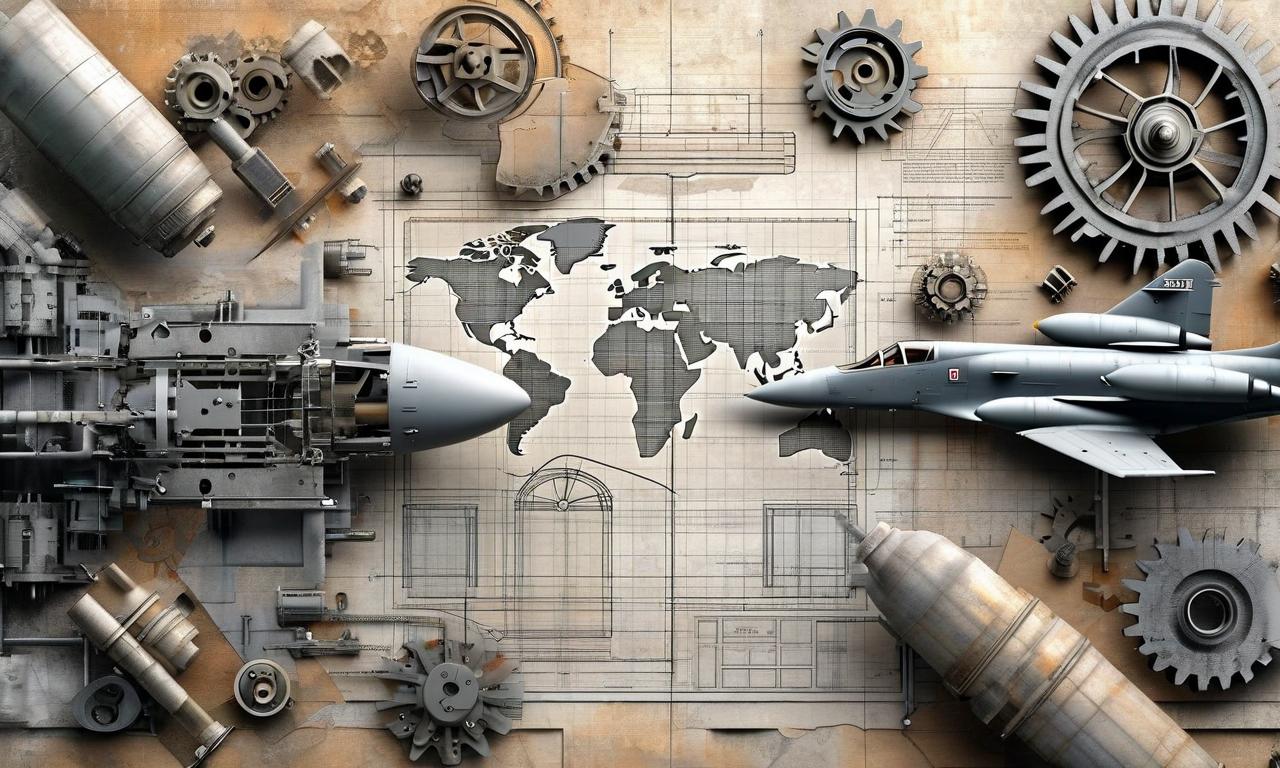Defense Industry-Government Ties Intensify Under Trump, Sparking Investment Debate
The relationship between the US government and defense companies is under scrutiny due to increasingly blurred lines between public and private sectors. Lockheed Martin was described as 'essentially an arm of the US government' by Cantor Fitzgerald CEO. The Trump administration reportedly intensified government involvement through increased subsidies, tax breaks, and discussions of potential equity stakes. This arrangement provides stability for investors, with billions in funding and more predictable earnings for major defense contractors. However, critics raise concerns about excessive state involvement, reduced efficiency, and potential stifling of innovation. The situation highlights the complex balance between national security interests, economic policy, and free-market principles.

*this image is generated using AI for illustrative purposes only.
The relationship between the US government and defense companies has come under renewed scrutiny, with industry insiders and analysts highlighting the increasingly blurred lines between public and private sectors in the defense industry.
Government as a 'Silent Partner'
Howard Lutnick, CEO of Cantor Fitzgerald, recently described Lockheed Martin as "essentially an arm of the US government," reigniting discussions about the close ties between Washington and defense contractors. This characterization underscores the unique position of defense companies in the American economy.
Trump Administration's Approach
Under the Trump administration, government involvement in defense firms reportedly intensified. This involvement took various forms:
- Increased subsidies
- Enhanced tax breaks
- Discussions of potential equity stakes
These measures have created a more stable environment for investors by ensuring the success of American defense companies.
Investment Perspective
Josh Koren, an investment strategist, noted that this arrangement provides a sense of security for investors. The government's support translates into:
- Billions in funding for major defense contractors
- More predictable earnings for companies like Lockheed Martin, Raytheon, and Northrop Grumman
- Lower perceived risks associated with defense stocks
Concerns and Criticisms
While investors may view defense stocks more favorably due to government backing, this trend has not been without its critics:
- Free-market advocates worry about excessive state involvement in corporate boardrooms
- Concerns that guaranteed government profits could reduce efficiency
- Fears that this trend might discourage new market entrants, potentially stifling innovation
Broader Implications
The close relationship between the defense industry and the government raises questions about the potential long-term effects on the American economy. Critics argue that if this model expands beyond the defense sector, it could fundamentally alter the nature of the US free-market system.
Conclusion
The debate surrounding the government's role in the defense industry highlights the complex balance between national security interests, economic policy, and free-market principles. As this relationship continues to evolve, it will likely remain a topic of intense discussion among policymakers, investors, and economic analysts alike.
























